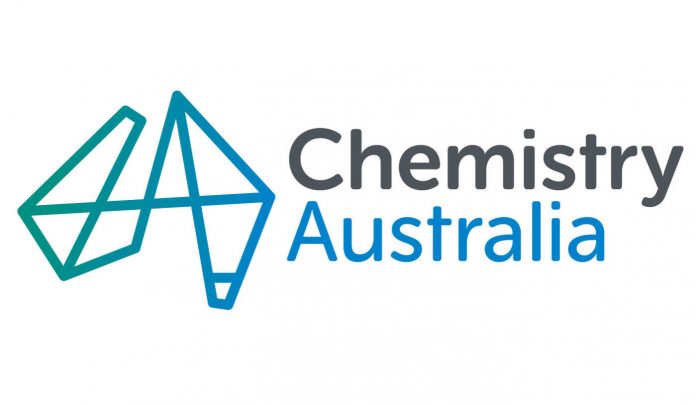
Media Release - Chemistry Australia
The ACCC’s Gas Inquiry 2017 – 2025 Interim Report released today provides further evidence that Australian manufacturers on the East Coast are paying too much for gas, with average producer offers tracking above the LNG netback price since January 2019.
This puts our domestic industries at a significant disadvantage to their overseas competitors at a time when we are looking to those industries to support Australia’s economic recovery.
Chemistry Australia CEO Samantha Read said the Association welcomes the findings of the ACCC Interim Report but said further policy reforms were urgently needed to address the concentration of market power and ensure domestic gas users were not paying more for Australian gas than export customers.
“The ACCC has again called out the imbalance that exists between producers and users and further action is needed,” said Ms Read.
“Price is one important factor but so are the contract duration and terms; users continue to struggle to get contract offers greater than one or two years and contract terms such as ‘take it or pay’, which unfairly shift risk to consumers, are out of step with international experience.”
“It’s great to see the ACCC call out the need for greater diversity of gas suppliers to address the clear lack of competition in Australia’s gas market.
“We also support greater scrutiny of the Heads of Agreement and the ACCC’s recommendation of strengthening the Agreement’s pricing commitments to better meet the needs of domestic consumers.
“The Heads of Agreement has ensured a degree of supply but, as the ACCC’s analysis shows, has not impacted the price offered to industrial consumers.
“The chemistry sector is continuing to play an invaluable role in Australia’s response to COVID-19, ensuring Australians can continue to access the critical products they need.
“To secure the long-term viability of gas-based manufacturing, we need to implement policies that focus on affordability and increased competition, in addition to addressing the supply of gas to the East Coast.
“With one petajoule of gas generating 1600 FTE jobs and $286 million of economic value for Australia’s economy, it is especially important that we focus on meaningful reforms as Australia seeks to rebuild its economy post-COVID-19 and accelerate jobs growth.
“The States and Territories also have a critical role to play in addressing the current issues. We need to remove barriers to gas development to bring on supply close to where it is used, thereby minimising any additional transportation costs. This is a national imperative.”
Chemistry’s Australia recommendations for gas policy reform are available at 2020 Policy Priorities.



















